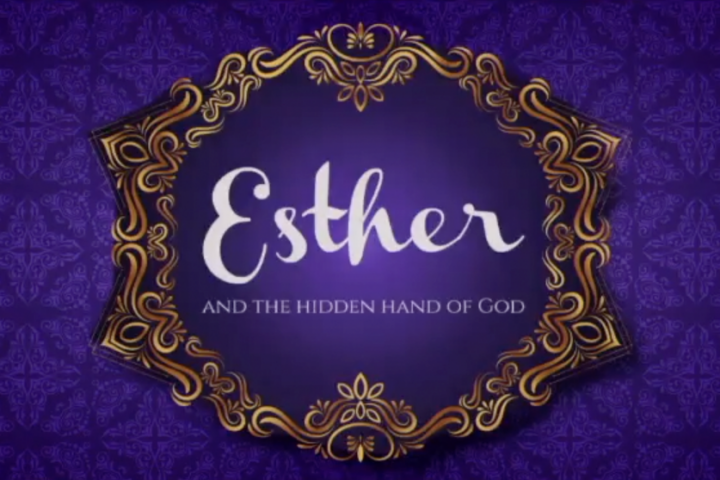Messages on Esther
Esther 8-10: An Underdog Victory
The story of Esther is a powerful reminder of God’s unseen hand in our lives, turning hopeless situations into moments of triumph. The Jews, initially destined for destruction by Haman’s decree, found hope and courage through a second edict that allowed them to defend themselves. This newfound confidence, born from recognizing God’s favor, led to a miraculous reversal of fortune, turning mourning into celebration and fear into victory. The book of Esther highlights how God works through ordinary people and…
Esther 7-8: Justice and Salvation
The sermon focuses on Esther chapter 7, the dramatic climax of the story, where Esther courageously intercedes for her people despite immense risk. Queen Esther reveals her Jewish identity to King Xerxes and accuses Haman, the villain, of plotting the annihilation of the Jews. God’s sovereignty is highlighted as He works behind the scenes to orchestrate events, including the downfall of Haman, who is ultimately impaled on the pole he built for Mordecai. Key themes include: The sermon concludes by encouraging…
Esther 5-6: The Great Reversal
Esther was a woman of courage, wisdom, and faith who was willing to step into a risky situation to advocate for her people. Her strategic patience, symbolized by her delaying her request to the king, allowed God to work behind the scenes through seemingly ordinary circumstances to completely shift the situation, humbling Haman while elevating Mordecai. The narrative highlights the dangers of pride and hatred, as seen in Haman’s downfall, contrasted with the honor that comes from humility and trust…
Esther 3-4: For Such a Time as This
This passage sets up the conflict between Mordecai and Haman in the story of Esther. This narrative highlights the dynamics of power and identity, as Mordecai refuses to bow to Haman, who represents a historical enemy of the Jews. The discussion delves into the significance of their lineage, the consequences of Saul’s disobedience, and the manipulation of truth for personal gain, culminating in Haman’s plot to annihilate the Jews. The phrase “for such a time as this” emerges as a central theme, emphasizing that life’s challenges can prepare individuals for significant moments of impact. From this passage we learn to recognize God’s hand in our lives and the importance of our unique roles in a larger purpose.
Esther 2: Esther and Mordecai
In this message, we explored Esther Chapter 2, where we meet Esther and her cousin Mordecai amid the backdrop of King Xerxes’ impulsive decision to remove Queen Vashti. This chapter emphasizes that God’s work spans a lifetime, teaching us that our struggles are part of a larger divine plan. After realizing his regret for his hasty actions, Xerxes seeks a new queen, leading to Esther being chosen due to her beauty and willingness to follow the advice of Hegai and Mordecai. Additionally, Mordecai uncovers and alerts Esther of a conspiracy against the king, demonstrating respect for authority. The repeated themes of Esther “being taken” and “winning favor” illustrate how God orchestrates events in our lives, reminding us that even in challenging circumstances, we can trust that He is in control and working for our good.
Esther 1: Power Plays
In the sermon on Esther 1, the series “The Hidden Hand of God” was introduced, emphasizing the story’s importance, especially for Jews celebrating Purim. The chapter reveals the opulent display of power by King Xerxes, who, after a lengthy banquet, drunkenly demands his queen, Vashti, to show herself to his guests, possibly in a demeaning way. When she refuses, it challenges his authority, exposing the limitations of his power. The king, unsure how to respond, consults his nobles who exacerbate the situation by recommending a royal edict which removes Vashti as queen and demands that all women respect their husbands. The sermon contrasts Xerxes’ oppressive rule with Jesus’ model of servant leadership, advocating for earning respect through genuine care and sacrifice. It concludes by suggesting that even chaotic events can align with God’s plan, setting the stage for Esther’s pivotal role in the story. Ultimately, the message is about trusting God’s workings in our lives, even when the path seems disjointed.
